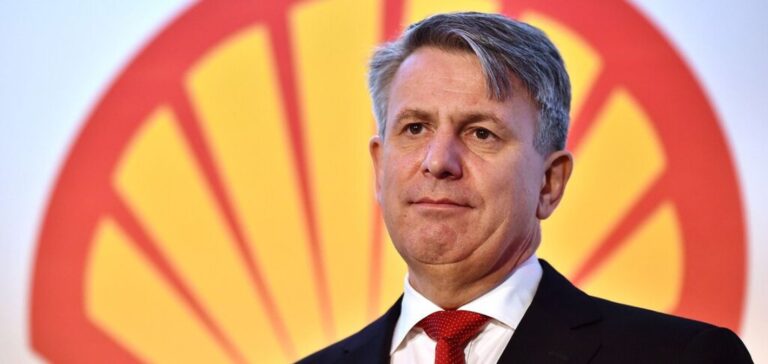Shell’s ex-CEO Ben van Beurden has seen his pay rise to £9.7 million (€11.4 million) in 2022, a 53% increase on the previous year. This surge is partly explained by the surge in energy prices linked to the war in Ukraine, which has enabled the oil majors to make record profits. As a result, Shell recorded a net profit, group share, of $42.3 billion, the highest ever recorded by the company.
A disproportionate salary compared to the British average
However, this record remuneration provoked strong reactions, notably from the anti-corruption NGO Global Witness, which pointed out that Ben van Beurden’s pay was 294 times the British median salary. For the organization, this situation highlights the dysfunctions of the current energy system and the urgent need to find renewable and less polluting alternatives.
BP and Shell focus on profitability rather than energy transition
Despite calls for an energy transition, Shell and BP have recently focused on profitability and investor appeal. BP, for example, announced its decision to slow its oil and gas production less quickly than expected, while Shell justified its choice to focus on profitability by saying that sustainability without profitability undermines shareholder support and financial ability to participate in the energy transition.
An exceptional tax called for to finance the energy transition
Global Witness has called on the UK government to introduce a one-off tax to fund the transition to cheaper, cleaner renewable energy sources. This tax should take into account the bonuses of top executives, according to the NGO.
Harbour Energy deplores the disproportionate impact of the exceptional tax
However, Harbour Energy deplores the disproportionate impact of the one-off tax already in place for “independent oil and gas companies that operate mainly in the UK”, as opposed to the major international majors. The tax “wiped out almost all of our profit for the year” and “led us to reduce our investment and headcount,” according to CEO Linda Cook. Harbour Energy is even considering reducing its level of activity in the UK in the second half of the year.
Ben van Beurden’s record remuneration illustrates the rift between the oil companies’ top executives and the population, which is demanding a rapid and effective energy transition. The introduction of an exceptional tax to finance this transition seems to be a solution considered by some, but raises concerns.





















